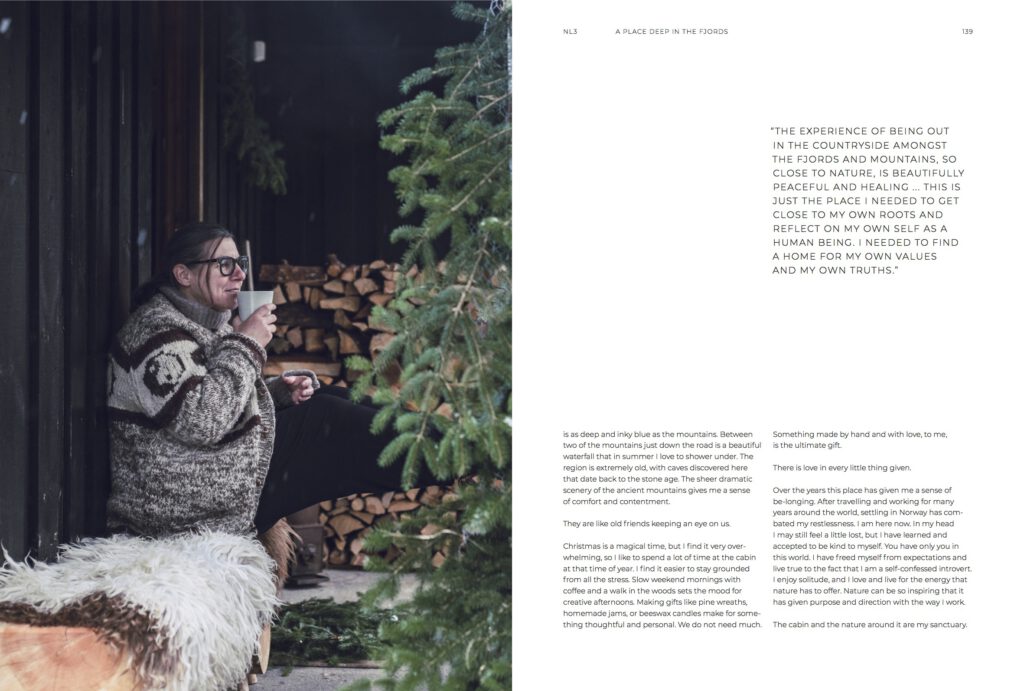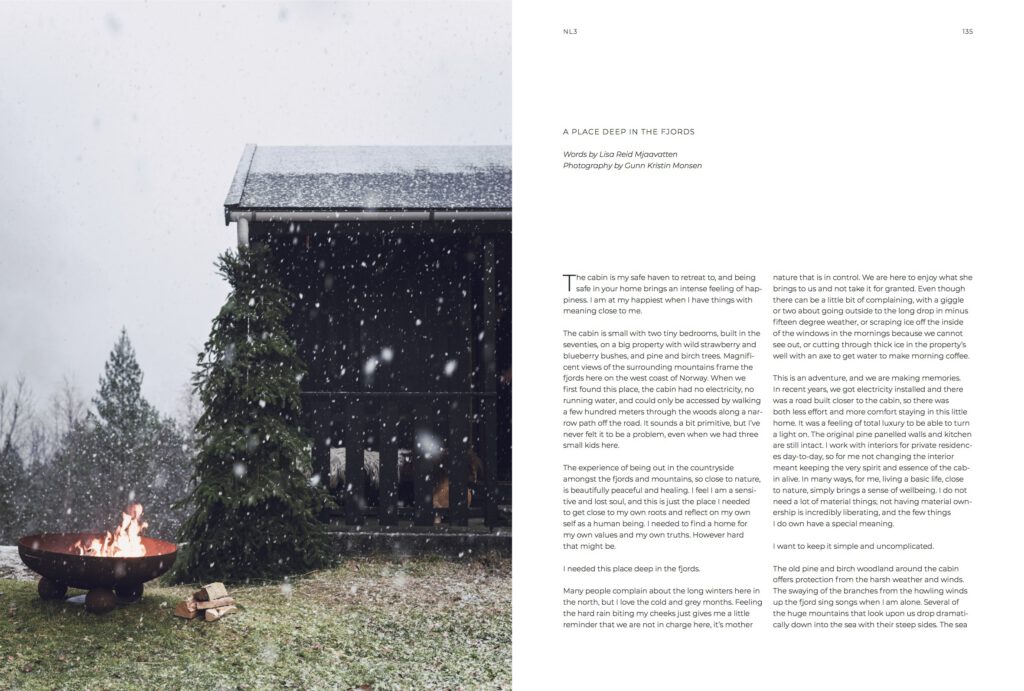Self Compassion & Stress Reduction
Changing the Inner Narrative
Self-Compassion is today a core element of Mindfulness Science & Resilience worldwide. At NL MINDFUL we integrate these evidence-based methods – inspired by Kristin Neff, Christopher Germer in our Mindfulness training.
Self-Compassion: The upward Spiral
In stressful moments we often turn against ourselves. Harsh self-criticism creates a downward spiral of stress and threat. It would be wiser to respond supportively – as we would to a good friend.
Self-Compassion creates an upward spiral and strengthens:
- Stress reduction: lowers cortisol and releases endorphins that reduce stress and pain, calming the nervous system
- Resilience: fosters the ability to cope with setbacks
- Connectedness: activates brain regions linked to empathy
- Support: transforms self-criticism into a supportive inner dialogue
- Sense of safety and security by increasing Oxytocin
Habitual self-criticism is stress for body and mind, letting us feel threatened: “With self-criticism we are both the attacker and the attacked- Neff/Germer”- The Mindful Self-Compassion Workbook, 2018.
Cultivating Kindness inside changes our approach towards ourselves and others, we see the goodness and potential we all have inside for growth.
Kindness Meditation
In the Self-Compassion Meditation we cultivate Kindness – first toward loved ones, then toward ourselves: Self-Compassion. This meditation strengthens positive emotions, empathy, and resilience.
Research shows: within the first minutes of a Kindness Meditation, certain areas of the brain begin to activate – those that allow us to meet life with empathy, including empathy for ourselves.
(Prof. Mark Williams: Mindfulness – Finding Peace in a Frantic World, 2011)
Recommendation: Metta Meditation with Thich Nhat Hanh- Plum Village App.
Changing the Inner Narrative
In our Mindfulness training in Hamburg, we learn to replace the harsh inner critic with the friendly inner supporter. Motivating Mental Notes of Kindness are helpful – inner affirmations that symbolize hope and courage, such as:
- May I be safe & protected
- This too will pass
- I can handle this
Such affirmations lower stress, foster emotional balance, and strengthen courage and hope. Thoughts directly influence our stress physiology. This means we can also use positive thoughts to change the inner narrative and the biological stress reaction. We should make use of this.
Recommended Reading: Neff & Germer – Mindful Self-Compassion Workbook (2018)
Contact

If you would like to receive the audio practice or personal guidance, write to us: contact@northletters.com
More about our Mindfulness Training
More Mindfulness: NL MAGAZINE





